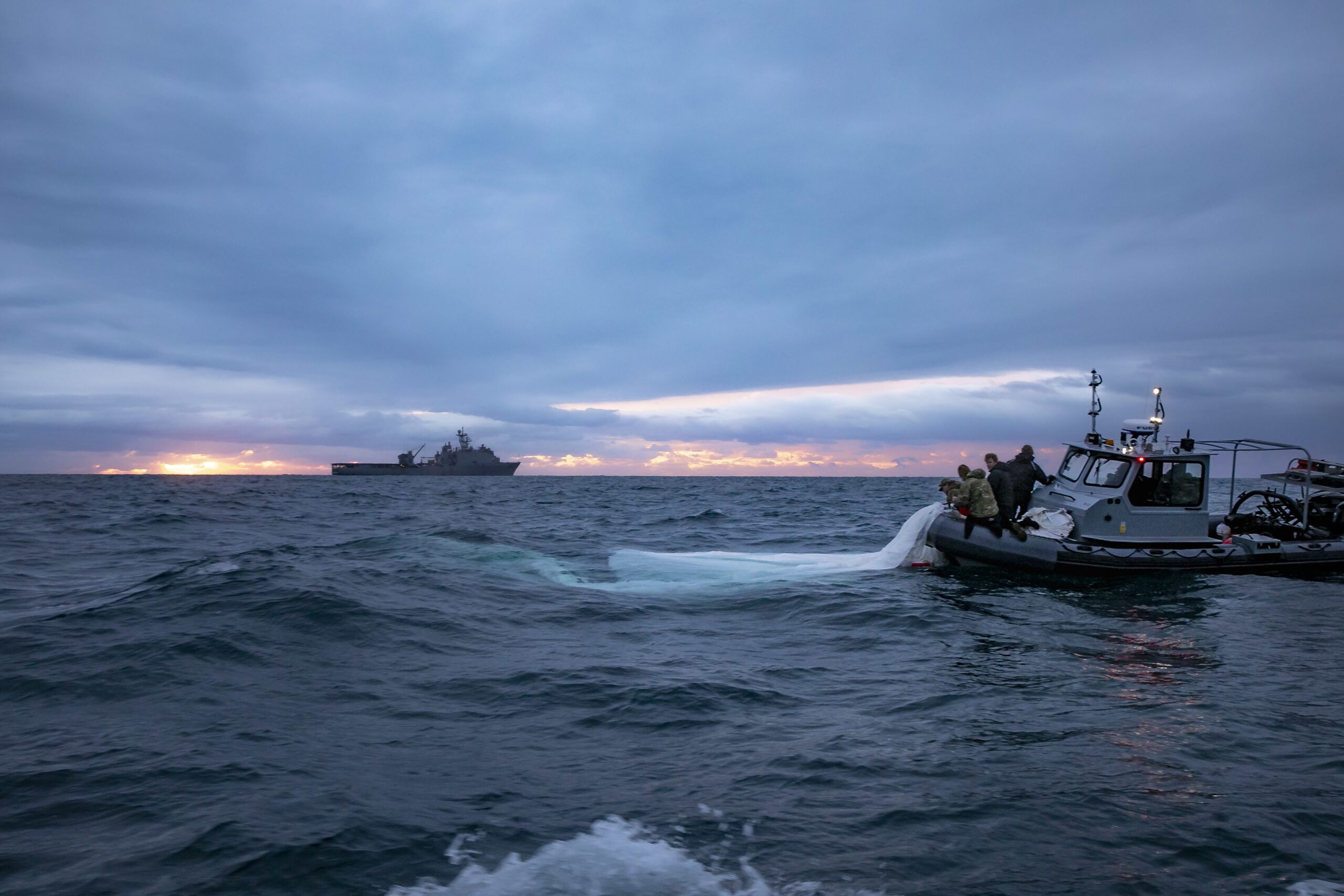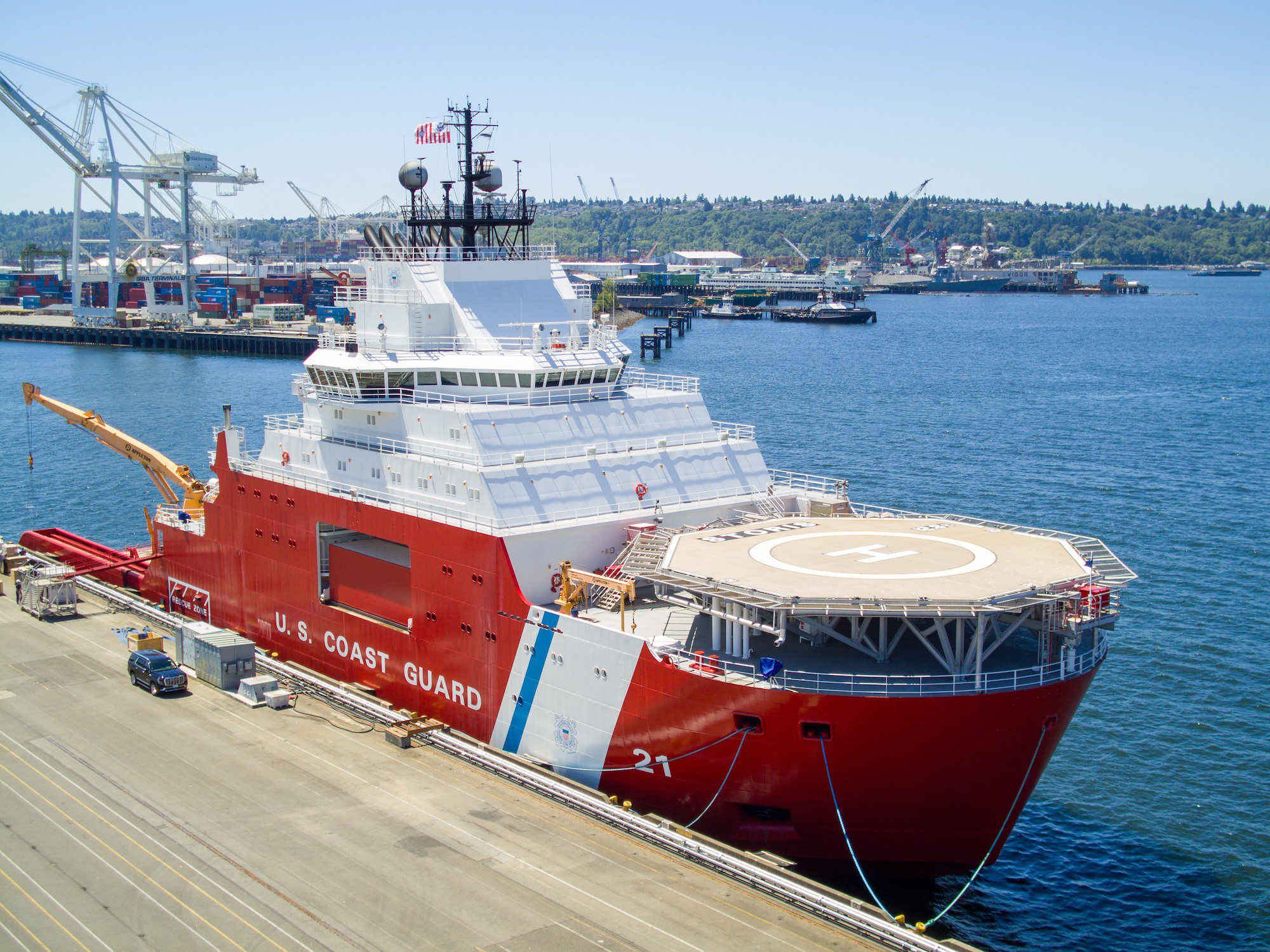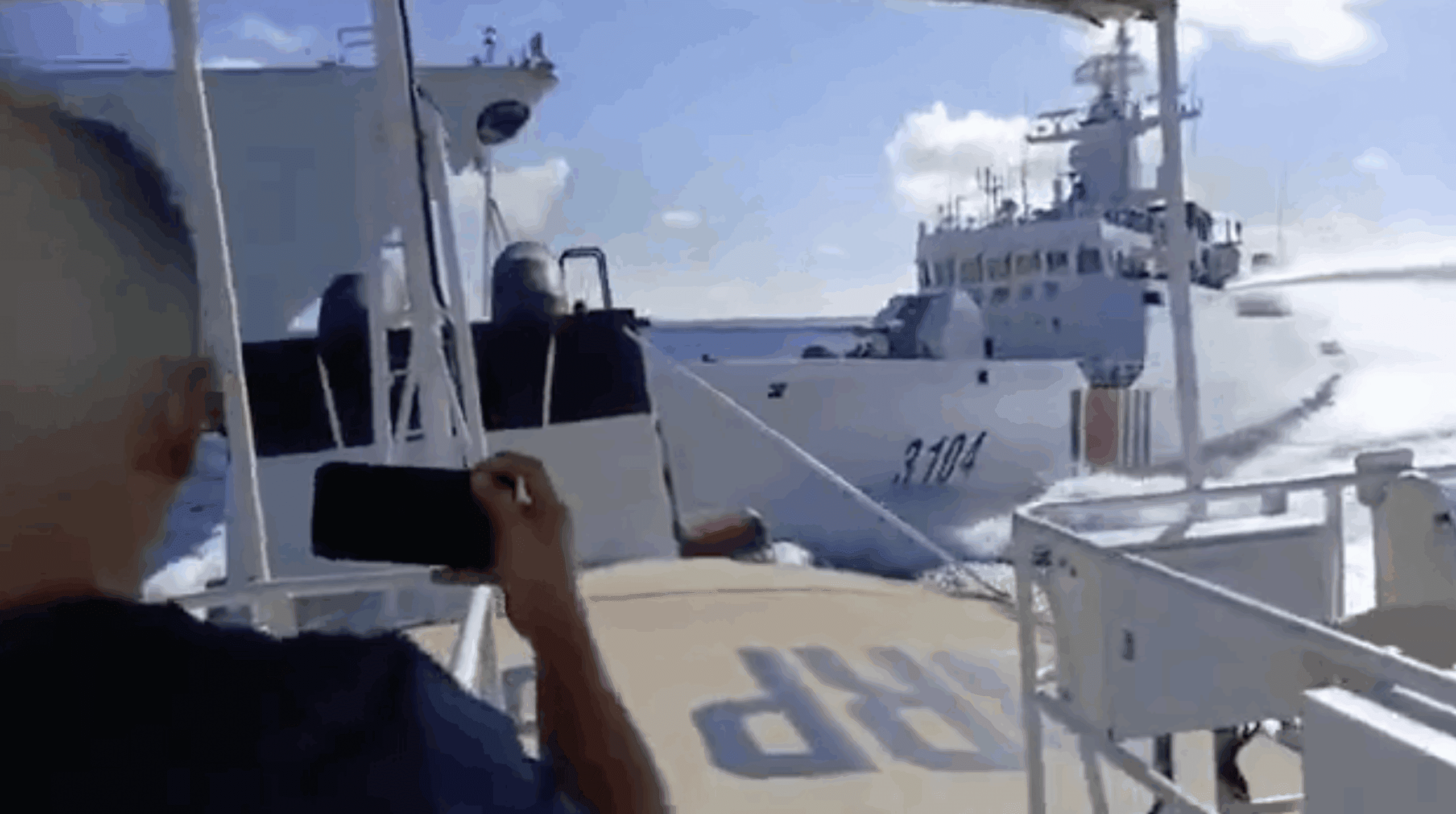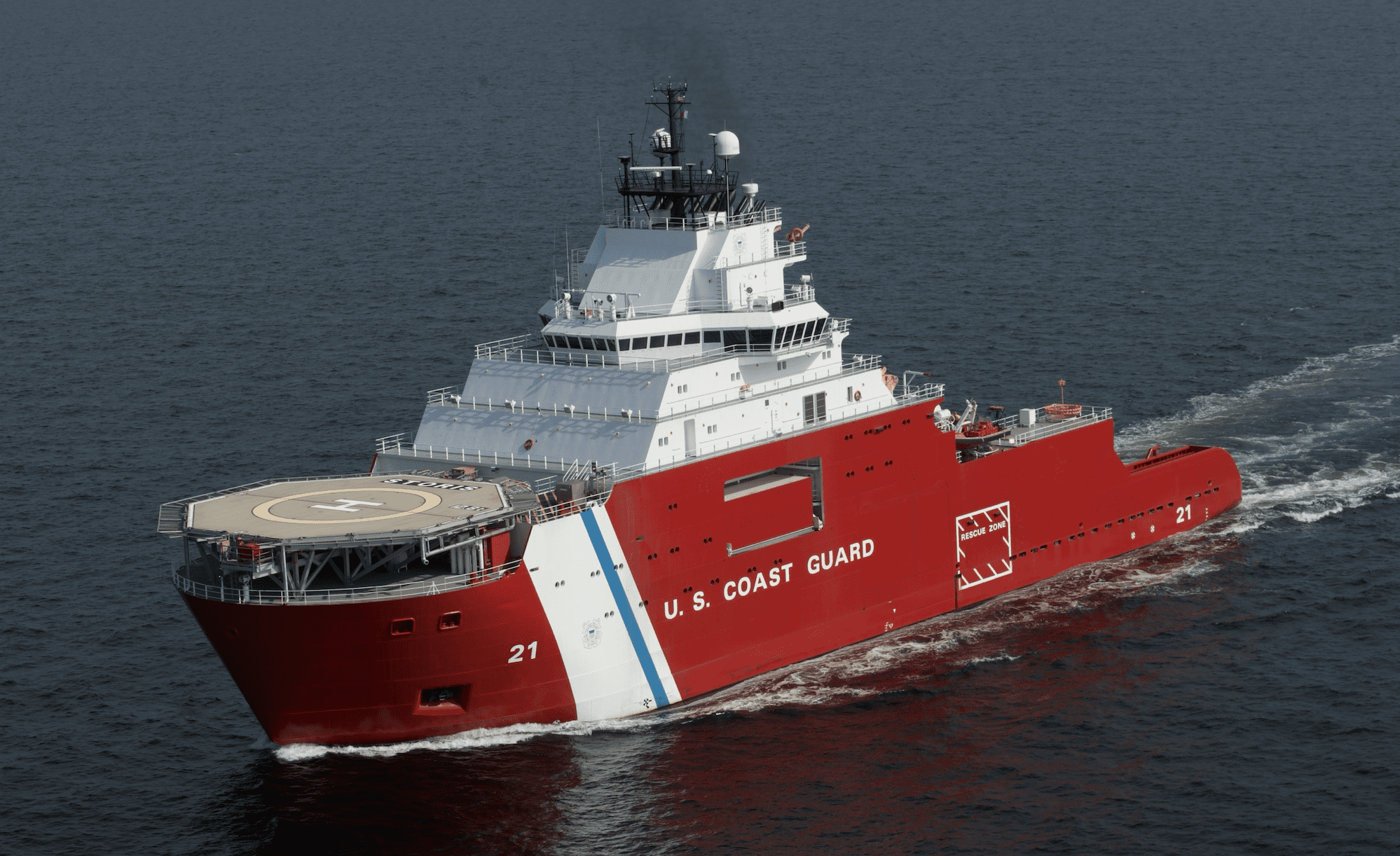By Phil Stewart
WASHINGTON, Feb 17 (Reuters) – The U.S. military said on Friday it had successfully concluded recovery efforts off South Carolina to collect sensors and other debris from a suspected Chinese surveillance balloon shot down by a U.S. fighter jet on Feb. 4.
The last of the debris from the Chinese balloon, which was downed by a sidewinder missile, is heading to an FBI laboratory in Virginia for analysis, the U.S. military’s Northern Command said in a statement.
Reuters was first to report the conclusion of the recovery efforts, which were halted on Thursday.
The U.S. military said U.S. Navy and U.S. Coast Guard vessels that had been scouring the sea for nearly two weeks have departed the area.
“Air and maritime safety perimeters have been lifted,” Northern Command said in a statement.
The U.S. military has said it believes it has collected all of the Chinese balloon’s priority sensors and electronics as well as large sections of its structure, elements that could help counter-intelligence officials determine how Beijing may have been collecting and transmitting surveillance information.
The Chinese balloon, which Beijing denies was a government spy vessel, spent a week flying over the United States and Canada before being shot down off the Atlantic coast on orders from President Joe Biden.
The episode caused an uproar in Washington and led to the U.S. military to search the skies for other objects that were not being captured on radar. Northern Command carried out an unprecedented three shootdowns of unidentified “objects” between last Friday and Sunday.
The Chinese balloon incident also prompted U.S. Secretary of State Antony Blinken to postpone a planned visit to Beijing and has further strained already frayed ties between Washington and Beijing.
That Feb. 12-13 trip would have been the first by a U.S. secretary of state to China in five years and was seen by both sides as an opportunity to stabilize increasingly fraught ties.
U.S. officials have since been looking at the possibility of a meeting between Blinken and China’s top diplomat Wang Yi on the sidelines of the Munich Security Conference that began on Friday.
U.S. Vice President Kamala Harris, who is also in Munich for the conference, has defended the administration’s handling of the balloon incident and the shooting down of three other unidentified objects.
“It needed to be shot down because we were confident that it was used by China to spy on American people,” Harris told MSNBC.
“We will maintain the perspective that we have in terms of what should be the relationship between China and the United States. That is not going to change, but surely and certainly that balloon was not helpful,” she said.
(Reporting by Phil Stewart, additional reporting by David Brunnstrom, Susan Heavey and Patricia Zengerle in Washington and Trevor Hunnicutt in Munich; editing by Bill Berkrot and Deepa Babington)
(c) Copyright Thomson Reuters 2023.

 Join The Club
Join The Club












